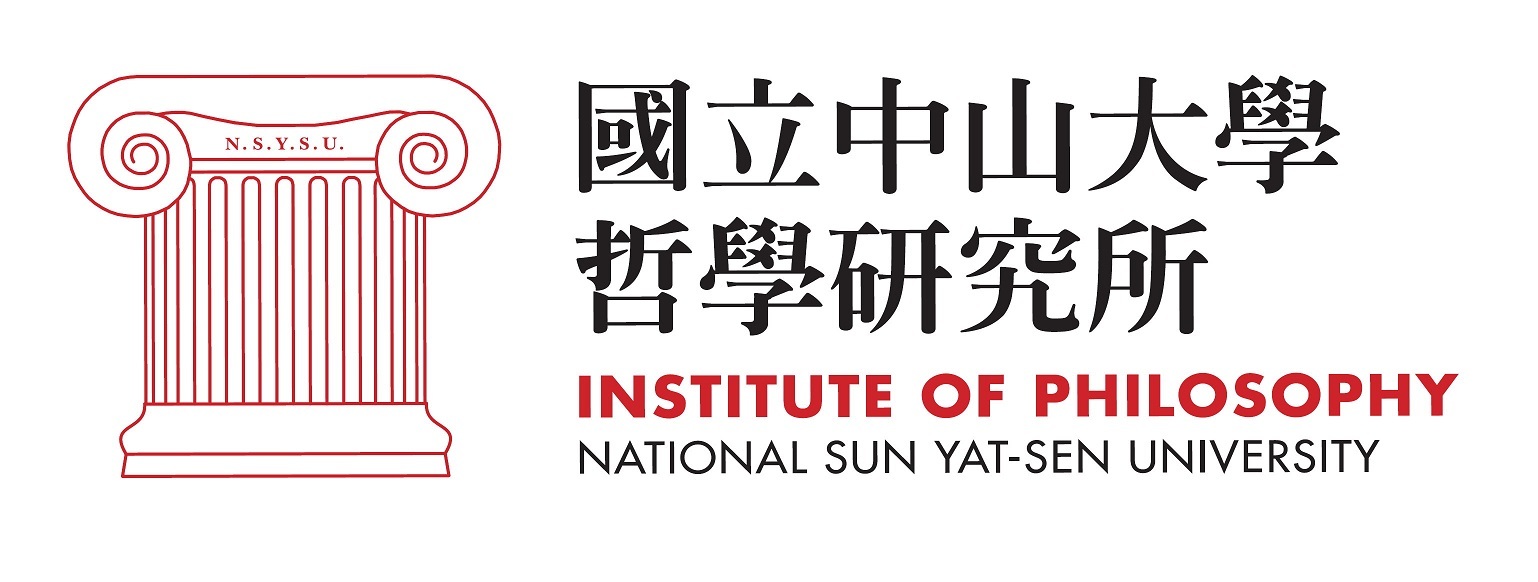Mathias OBERT
Mathias Obert has been teaching contemporary European thought and aesthetics at National Sun Yat-Sen University, Kaohsiung, Taiwan since 2008, having been appointed as a full professor in 2012. From 1998 till 2002 he has been teaching in at Munich University and Hamburg University, in Germany. In 2002 he was appointed assistant professor at Humboldt University, where he obtained his habilitation and venia legendi (professoral degree) in 2006. After settling in Taiwan, he first held the post of an associate professor in the Department of Philosophy at Soochow-University, Taipei, before being muted to his present working place, the Institute of Philosophy in Kaoshiung, in 2008.
His main interests lie in the field of phenomenology, aesthetics, and the theory of transculturality, encompassing the study of ancient Chinese thought and aesthetics, too. He teaches courses on:
history of European philosophy
contemporary thought in Europe since Friedrich Nietzsche
Martin Heidegger
Merleau-Ponty
Theodor W. Adorno
phenomenology of the body and the bodily Self
philosophy of time
philosophical art theory
aesthetics of painting, Chinese ink brush writing, and theatre
transcultural thinking.
His research has primarily been published in German and Chinese. It is concerned with investigations into and contributes to:
- thinking on the bodily self, including questions of bodily practicing in the Zhuang Zi 莊子
- Chinese Buddhist hermeneutics and philosophy of time, especially the thought of Fazang 法藏 from the Huayan-School 華嚴宗
- ancient Chinese poetics and theory of the arts
- Chinese ink brush writing, as analyzed from the stance of a phenomenology of the body (referring to Edmund Husserl, Maurice Merleau-Ponty, and Bernhard Waldenfels)
- problems of transcultural thinking in East Asia, with a particular focus on language, script, and translation
- art and everyday exercise (with reference to Theodor W. Adorno)
- transcultural aproaches to the ideas of alterity, alienness, and reification (with respect to Theodor W. Adorno, Emmanuel Levinas, Bernhard Waldenfels, the Zhuang Zi 莊子, painting and sculpture, as well as Japanese gardens)
- phenomenology and aesthetics of Japanese gardens
- bodily and critical aspects of the thought of Martin Heidegger, Maurice Merleau-Ponty, and Theodor W. Adorno
Books:
- Tanzende Bäume, sprechende Steine. Zur Phänomenologie japanischer Gärten, Freiburg/ München: Alber, 2019
- Welt als Bild: Die theoretische Grundlegung der chinesischen Berg-Wasser-Malerei zwischen dem 5. und dem 12. Jahrhundert, Freiburg/ München: Alber, 2007
- Sinndeutung und Zeitlichkeit. Zur Hermeneutik des Huayan-Buddhismus, Hamburg: Meiner, 2000 (Paradeigmata Bd. 22)
- Denkansätze zur buddhistischen Philosophie in China. Seng Zhao-Jizang-Fazang zwischen Übersetzung und Interpretation, Köln: edition chora 2000 (in collaboration with R. Elberfeld/ M. Leibold)

